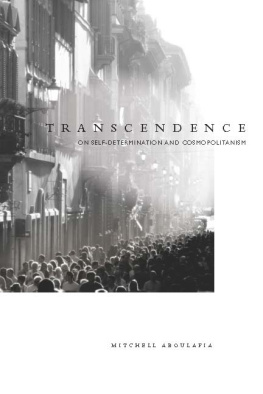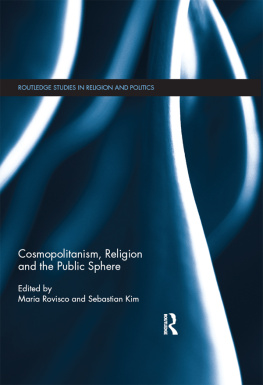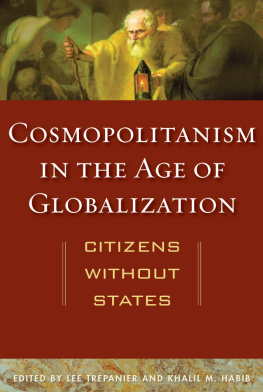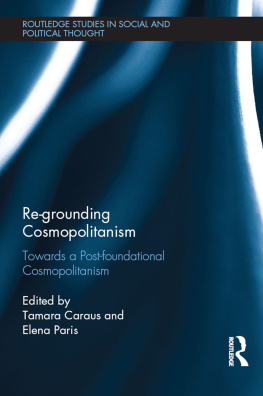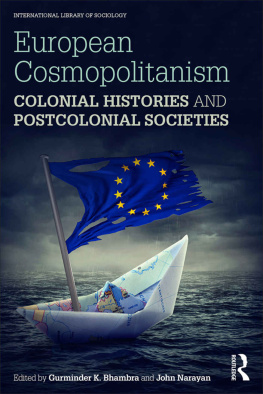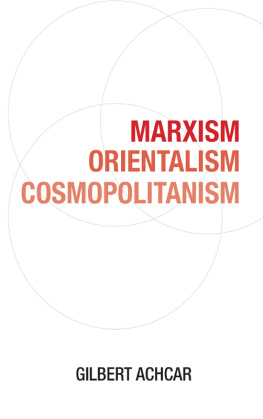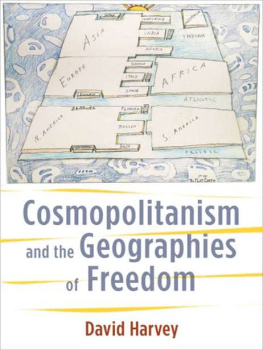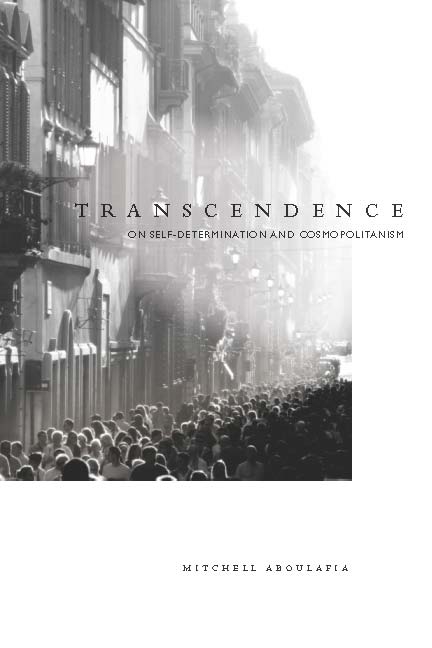Each Volk contained the principle of its individuality within itself; it was a self-respecting monad. The Christian Pietist conception of souls equal in the eyes of God was extended to peoples throughout world history. Manuel, Introduction, in Herder, Reflections , xvii.
Herder, Reflections , 84.
I hasten to add that this assertion is not to be construed as defending peoples or states that act perversely and immorally, for example, Nazi Germany. I do not believe that the right to self-determination is an absolute right. It is a right, or perhaps more accurately, a good, when certain minimal normative criteria are met. However, for the purposes of the present discussion, I want to bracket the normative issues involved in judging different social groups or cultures. I will note that one of the characteristics of Nazi Germany was its xenophobia, which is an anticosmopolitan stance, to say the least.
One example of a set of sensibilities that is often associated with cosmopolitanism, an openness to and regard for those from different cultures and religious backgrounds, can be found in The Edicts of Asoka. A warlike Indian emperor (ca. 274232 BC) who experienced a change of heart about morality and war, Asoka had his teachings and pronouncements about morality inscribed on rocks, pillars, and caves throughout his kingdom; for example, Since I am convinced that the welfare and happiness of the people will be achieved only [through growth in dharma], I consider how I may bring happiness to the people, not only to relatives of mine or residents of my capital city, but also to those who are far removed from me. I act in the same manner with respect to all. I am concerned similarly with all classes. Moreover, I have honored all religious sects with various offerings. Asoka, Edicts , 36. Asokas sensibilities bear comparison with those of the Stoics. However, both Asoka and the Stoics lived in times that accepted slavery.
I am using peoples and nations largely synonymously. I assume that nations by definition have unique cultures, whereas (nation-)states may or may not be (highly) culturally pluralistic, for example, the United States and Iceland. Because of increased mobility, migration, and communication, perhaps the notion of a people will someday seem pass. But we have not yet arrived at this world.
See Aboulafia, The Mediating Self and The Cosmopolitan Self .
Sociality refers to the way in which biological and social systems change and transition from one state to another.
See Lear, Radical Hope .
Taylor, Sources of the Self , 374375 (emphasis added).
This statement would require qualification for several important existentialists, for example, Soren Kierkegaard.
There is an ideal, natural way to self-fulfillment for each Volk analogous to an individuals development from birth to the grave. Unfortunately, peoples have broken the bounds of their natural habitat, have destroyed and been destroyed, have contaminated other cultures and been contaminated. The tragic, unnatural episodes of world history are the subjection of cultures to the vicissitudes of such experience. Herder is a moral historical judge: the monad of Volk individuality can be lost and has been. That which is mixed is rarely good, that which imitates is a defilement, and that which is forced lacks authenticity. Manuel, Introduction, in Herder, Reflections , xviii.
The mission of the cosmopolitan may be difficult, but it certainly isnt impossible. As a matter of fact, it appears to be less a mission and more a daily challenge as we move into an increasingly mobile and transactional twenty-first century. Following Mead, I speculate about why cosmopolitanism may be on the rise, especially in Chapter 4, but this is a topic for another book, one that would draw on empirical work in the social sciences.
Sartre, Transcendence of the Ego , 9899. The translation cited here is a revision of Williams and Kirkpatricks translation of Sartre by Robert Denoon Cummings, Philosophy of Jean-Paul Sartre , 54. In Being and Nothingness Sartre modifies his position. The for-itself is not an impersonal spontaneity but one that has a sense of self.
Lear, Radical Hope , 42. The goal of Lears book is not to argue for determinism but to show that hope and transcendence are still possible in the face of the destruction of ones culture. The Crow hoped for the emergence of a Crow subjectivity that did not yet exist. There would be ways of continuing to form oneself as a Crow subjectways to flourish as a Croweven though the traditional forms were doomed. This hope is radical in that it is aiming for a subjectivity that is at once Crow and does not yet exist (104).
Given the variety of standards for how cultures do or do not make forms of excellence central, certainly Lear would not wish to generalize about specific features of Crow culture. It is also worth noting that Lear, following Kierkegaard, is concerned to show that what becomes impossible, when a cultures way of life is made impossible, is subjectivity understood as a never-ending task. In this case the chief, Plenty Coups, could no longer pursue his project of becoming an outstanding chief because the latter role no longer made sense in the new cultural context of the reservation. Lear is clear that his work is interpretive, as it must be when it imports a notion of subjectivity from a nineteenth-century Danish existentialist to assist in explaining the experience of a Crow chief.

